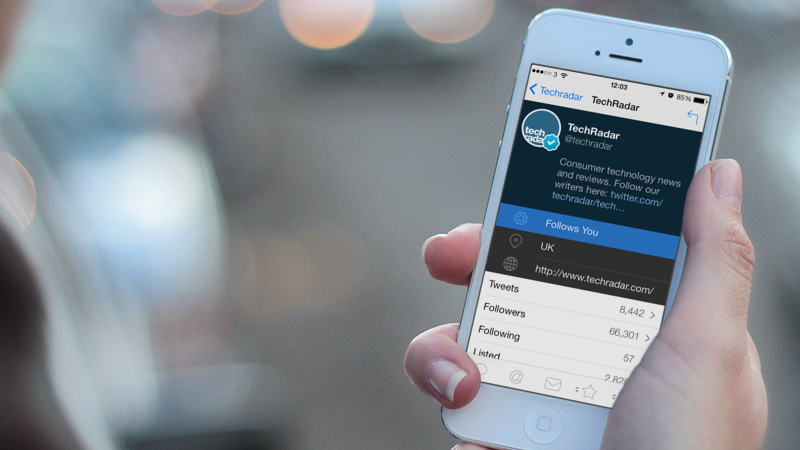There's no such thing as a free app - so why are we still so reluctant to pay?
Charging for apps shouldn't be controversial

Sometimes a company will do something so awful, so unspeakably wicked, that it's hard to imagine they're motivated by anything other than pure unadulterated evil.
I'm talking about Tapbots, of course, and its decision to charge a whopping $2.99 / £1.99 for the upgrade from Tweetbot 2 to Tweetbot 3.
£1.99! $2.99! For an upgrade! What a bunch of @%*&rs!
I'm kidding, of course, but plenty of people aren't. The audacity of Tapbots to charge for its upgrade - and the £1.99/$2.99 price will go up after a limited period - had drawn some criticism.
The lack of a free upgrade is a "lack of respect to your old customers", a "#fail", and evidence that "you guys are starting to be more greedy than good dev shop." And that's just the first three Twitter search results.
For Apple, software is a loss-leader, something it gives away so it can make big bucks on the hardware.
Charge or cheat
Leaving aside the fact that £1.99/$2.99 to voluntarily update an app you use constantly throughout the day is an infinitesimally tiny amount of money compared to what you spend on coffee, lunch or socks, the sense of entitlement here is terrible.
Sign up for breaking news, reviews, opinion, top tech deals, and more.
Tweetbot 3 is a significant update, a ground-up rebuild, and that's a lot of work - and a vocal number of customers believe that in exchange for five months of effort, the developers should be paid exactly zero.
And it's all Apple's fault.
While Tapbots was busy updating Tweetbot, Apple was updating OS X and iWork.
The updates haven't been entirely successful - I've spent most of this week stomping around the house cursing at the toytown nature of Pages 5.0, which has removed pretty much every feature I actually use - but they've all been free.
It's a model Apple has been moving towards for some time, and it's clear that just like iOS, future OS Xes and iWorks won't cost any money.
That's fine when you're Apple, making 37% margin on £599 phones. For you, software is a loss-leader, something you give away so you can make big bucks on the hardware. Google does it too, because of course it makes its money by sharing your personal data with Satan.
It's not so fine when you're an app developer. Like musicians, novelists, film-makers and anybody else who makes easily duplicated digital content, it's hard to make a living if you don't have a hardware or advertising business to fall back on.
Unless you want to do it as a hobby, developers need to eat - and that gives them two choices. They can charge or they can cheat (there is a third option, advertising, but that requires massive scale: ads only pay a few pennies per user, poorly targeted ones even less).
Which would you prefer: free apps that nickle-and-dime you, blast you with unwanted ads and don't work properly if you don't shell out sixty quid on magic dangleberries, or proper, grown-up apps that do what they're supposed to do and make your life genuinely happier for a single, perfectly reasonable fee?
The second answer is the right one, of course, but I worry that by making entire operating systems - not bug fixes and patches, but full new versions - and office suites free, the Apples and Googles of the world are helping foster the belief that software shouldn't come with a price tag attached.
Those firms don't need your £1.99s. But many developers do.

Contributor
Writer, broadcaster, musician and kitchen gadget obsessive Carrie Marshall has been writing about tech since 1998, contributing sage advice and odd opinions to all kinds of magazines and websites as well as writing more than twenty books. Her latest, a love letter to music titled Small Town Joy, is on sale now. She is the singer in spectacularly obscure Glaswegian rock band Unquiet Mind.